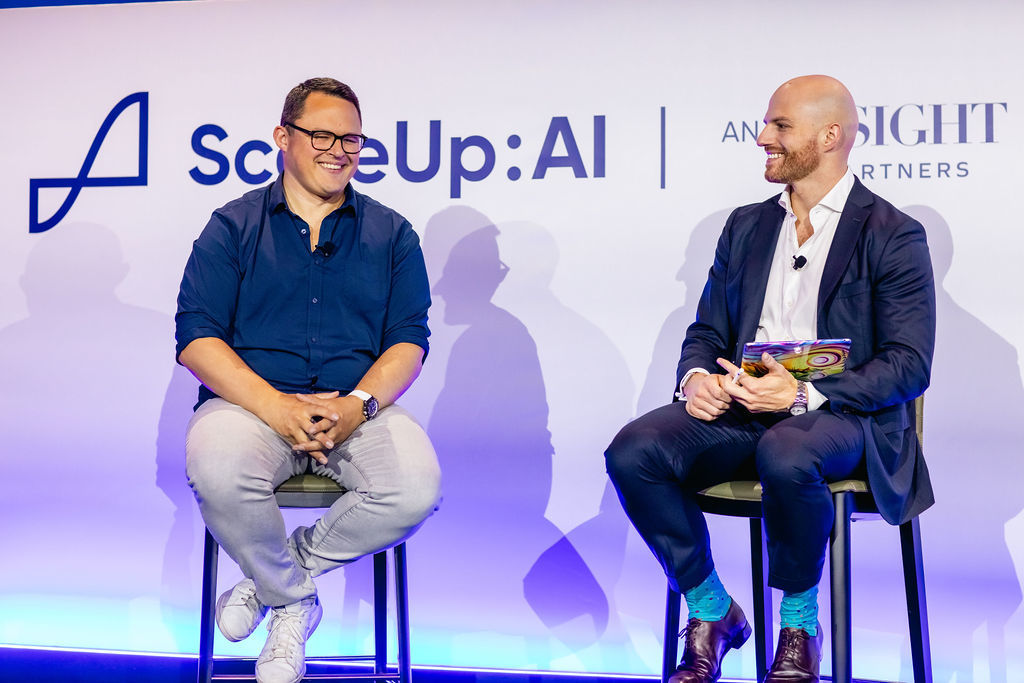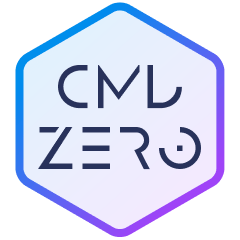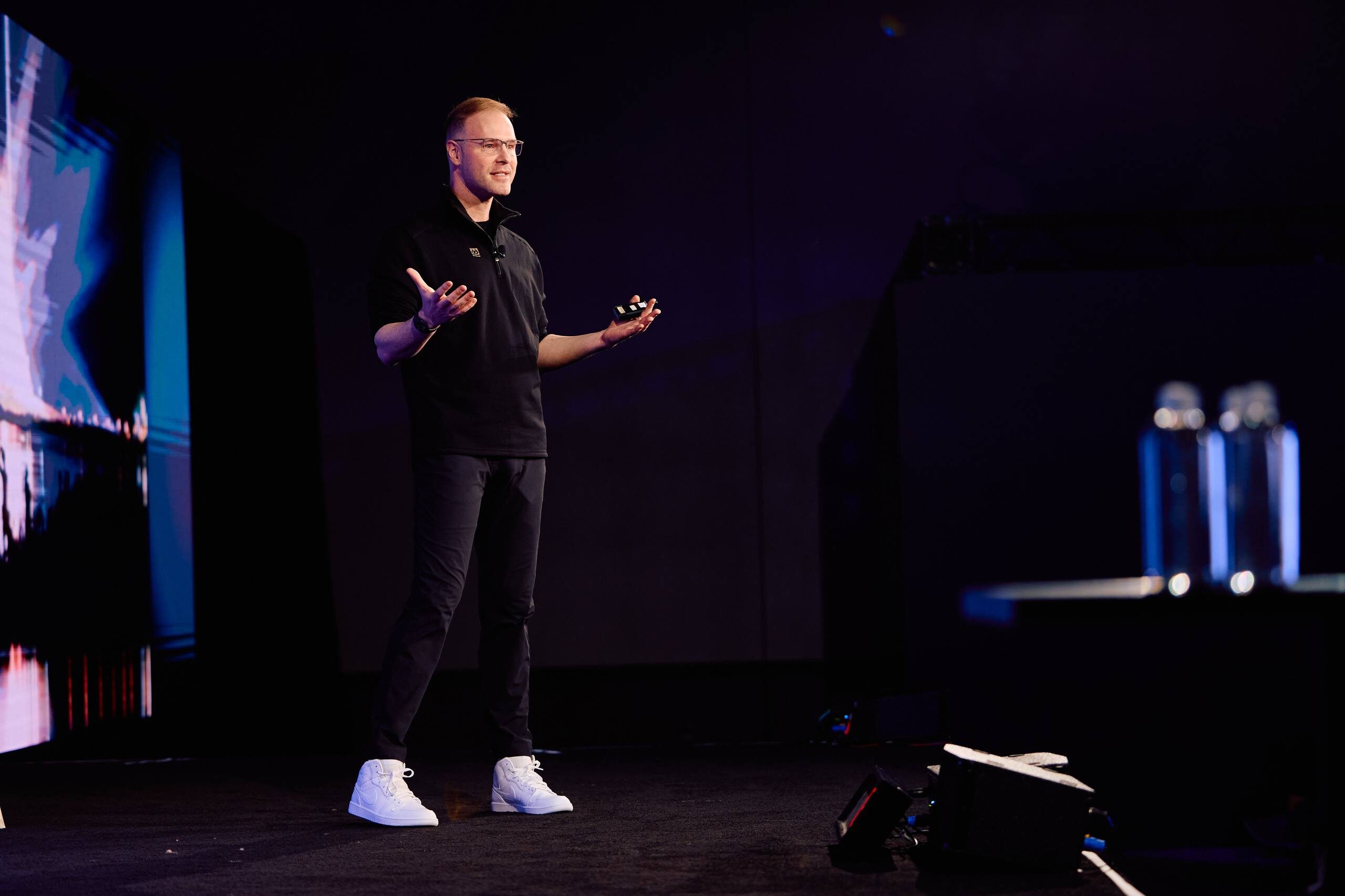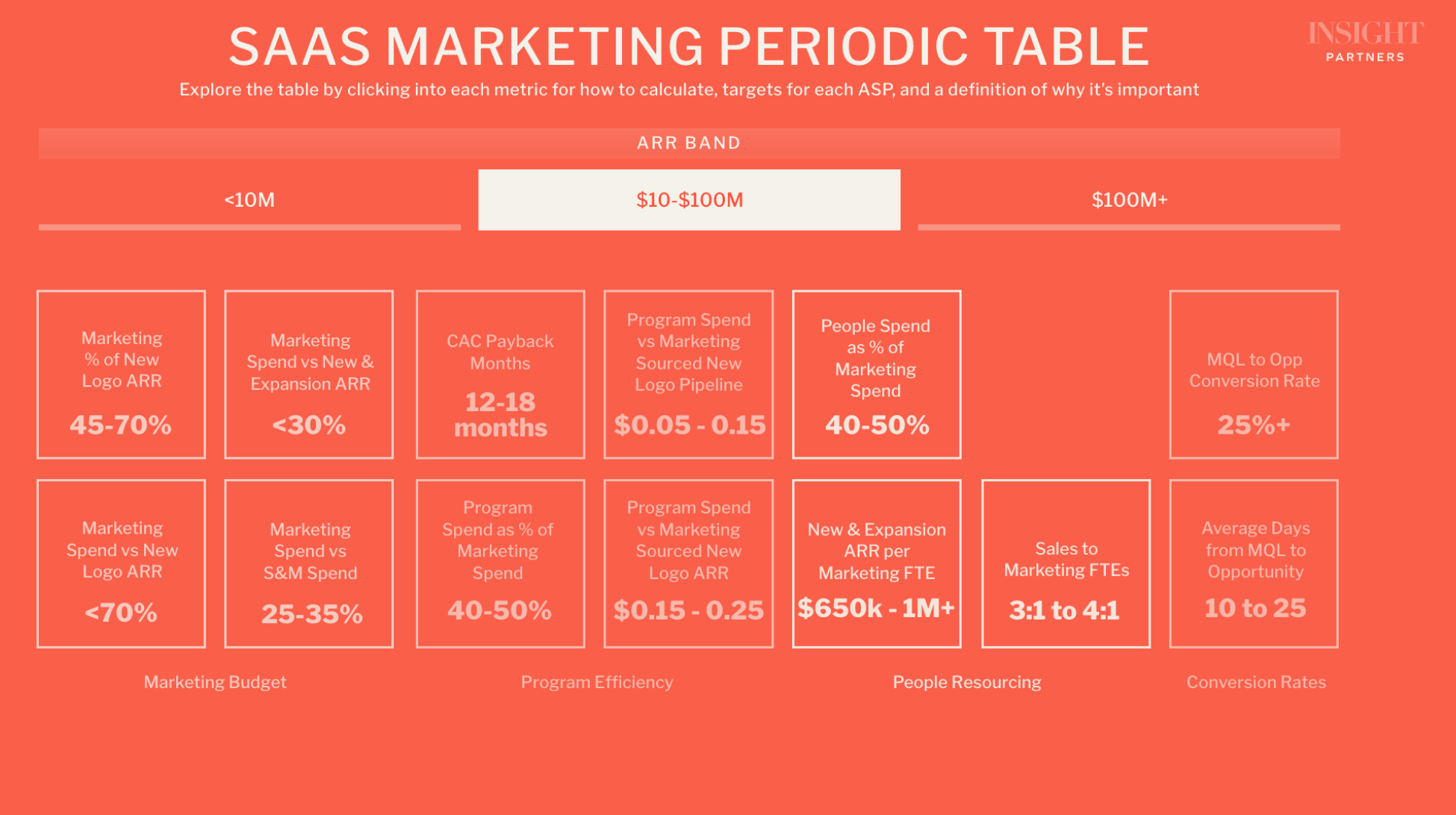Supercharge the workforce: Advice for operationalizing AI to improve productivity and collaboration

GitHub‘s Kyle Daigle and Nebula‘s Jon Krohn discuss how to use AI to drive better business outcomes. This session explores strategies for ensuring that AI improves developer satisfaction, instead of disrupting workflows, and how the AI revolution could affect staffing and skills building.
These insights came from our ScaleUp: AI event in October 2023, an industry-leading global conference that features topics across technologies and industries. Watch the full session below:
AI’s role in augmenting developer productivity and collaboration
Daigle discussed the significant role of AI in boosting developers’ productivity, particularly through the use of GitHub’s AI tool, Copilot.
“Developers are doing their normal job — they’re in the editor, they’re writing code, and AI is helping them at that moment,” said Daigle. “It’s making developers 55% faster. We’re seeing code acceptance rates between 40 and 60%.”
“Developers are doing their normal job — they’re in the editor, they’re writing code, and AI is helping them at that moment,” said Daigle. “It’s making developers 55% faster. We’re seeing code acceptance rates between 40 and 60%.”
Furthermore, Daigle revealed that 81% of developers in their study said AI made them more collaborative with their teams. He also highlighted the potential for AI to be integrated into every step of the coding process to maximize its benefits.
Enhancing the developer learning experience
Daigle shared how AI enables developers, particularly those early in their career or new to a company, to learn on the job. Tools like Copilot teach developers how to improve their coding skills and understand new methods or libraries.
“A big secret superpower of Copilot is how it’s helping developers learn and upskill on the job.”
“A big secret superpower of Copilot is how it’s helping developers learn and upskill on the job,” said Daigle. He added, “It’s teaching them how to do the next step or teaching them the new method that came out with the new library that you’re using.”
“Look for tools that don’t require net new behavior”
Daigle emphasized integrating AI into existing workflows to fully harness its potential without requiring net new behavior. He believes finding tools that enhance current processes rather than creating new ones is the key to successful AI rollouts.
“Look for tools that don’t require net new behavior,” advised Daigle. He added, “I’m going to keep harping on the in-the-flow things. I think that’s the secret to successful AI rollouts.”
“Inner source” and its benefits
Daigle introduced the concept of “inner source,” which involves using the entirety of a developer team to have a broader impact on a business, as opposed to focusing on silos or verticals. Inner source is about opening more repositories to enable faster and more effective collaboration.
“Inner source is how…you use the entirety of your developer team in order to bring that impact to your business.”
“Inner source is how…you use the entirety of your developer team in order to bring that impact to your business,” explained Daigle. He added that it speeds up processes, just like Copilot enhances developer productivity.
The potential of AI in non-developer teams
While developers are at the forefront of AI adoption, Daigle believes there’s potential for non-developer teams to use AI as well. He shared an example of how Moveworks used AI to drastically reduce their IT support needs while increasing customer satisfaction.
“My goal is to help every employee at GitHub harness the power of AI, not just our developers.”
“My goal is to help every employee at GitHub harness the power of AI, not just our developers,” asserted Daigle. He believes AI can be integrated into everyday tasks such as email, calendar management, and IT support without requiring a change in behavior.






